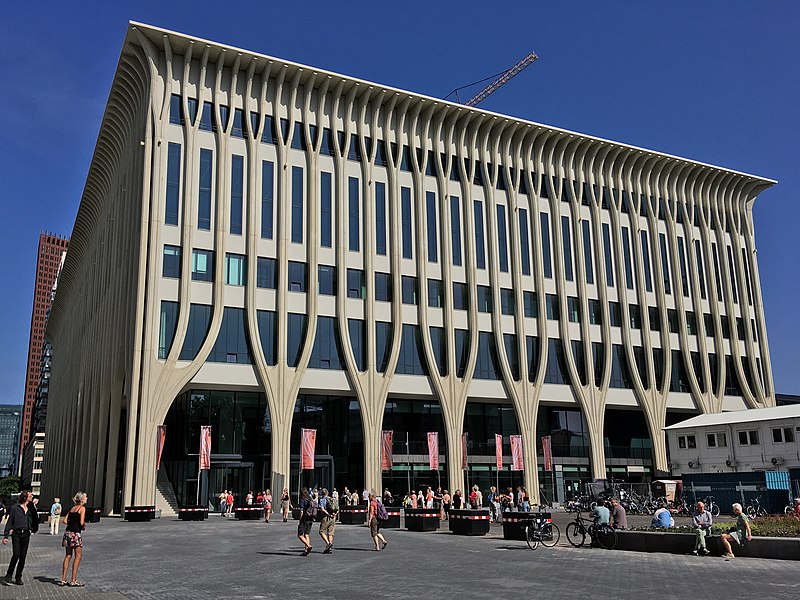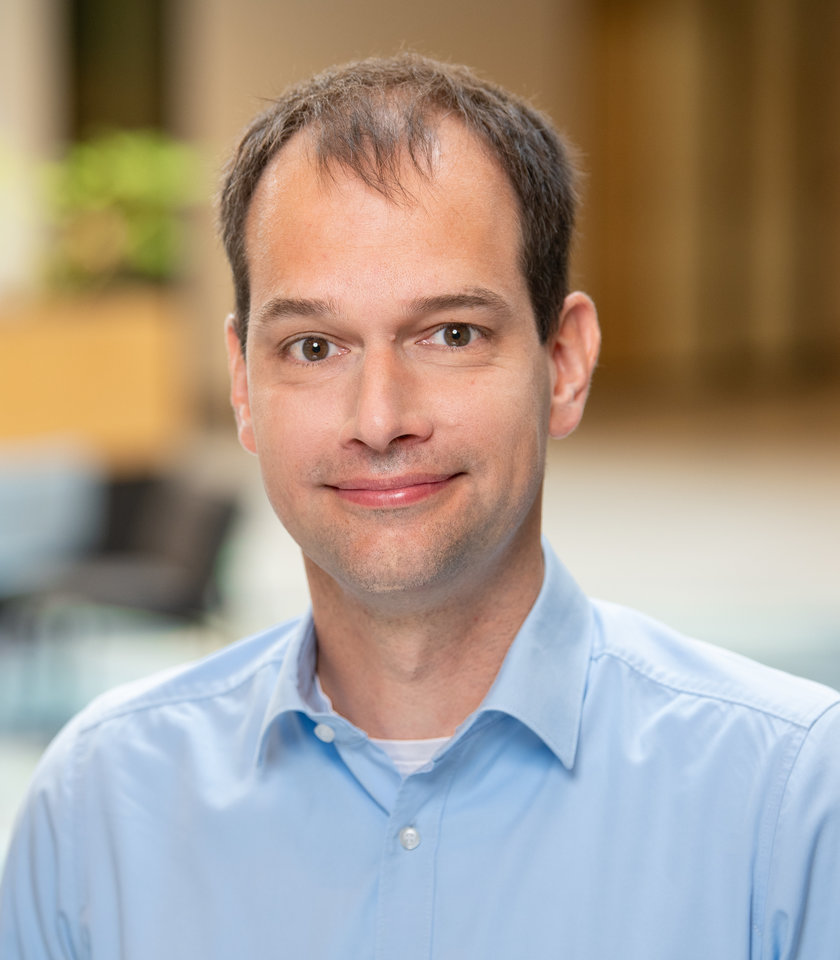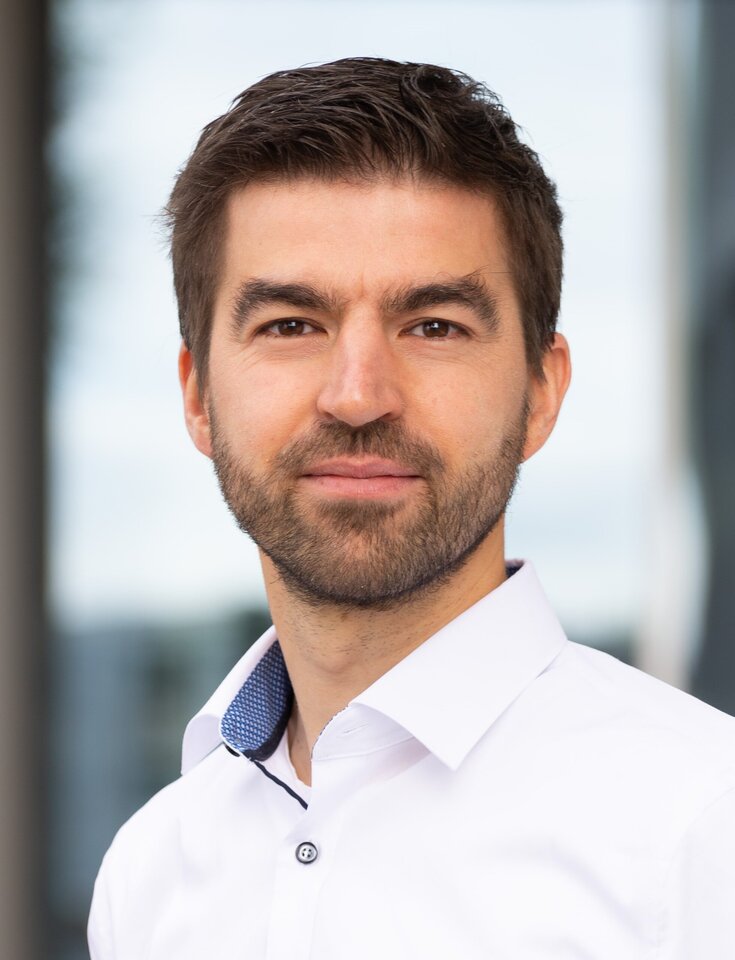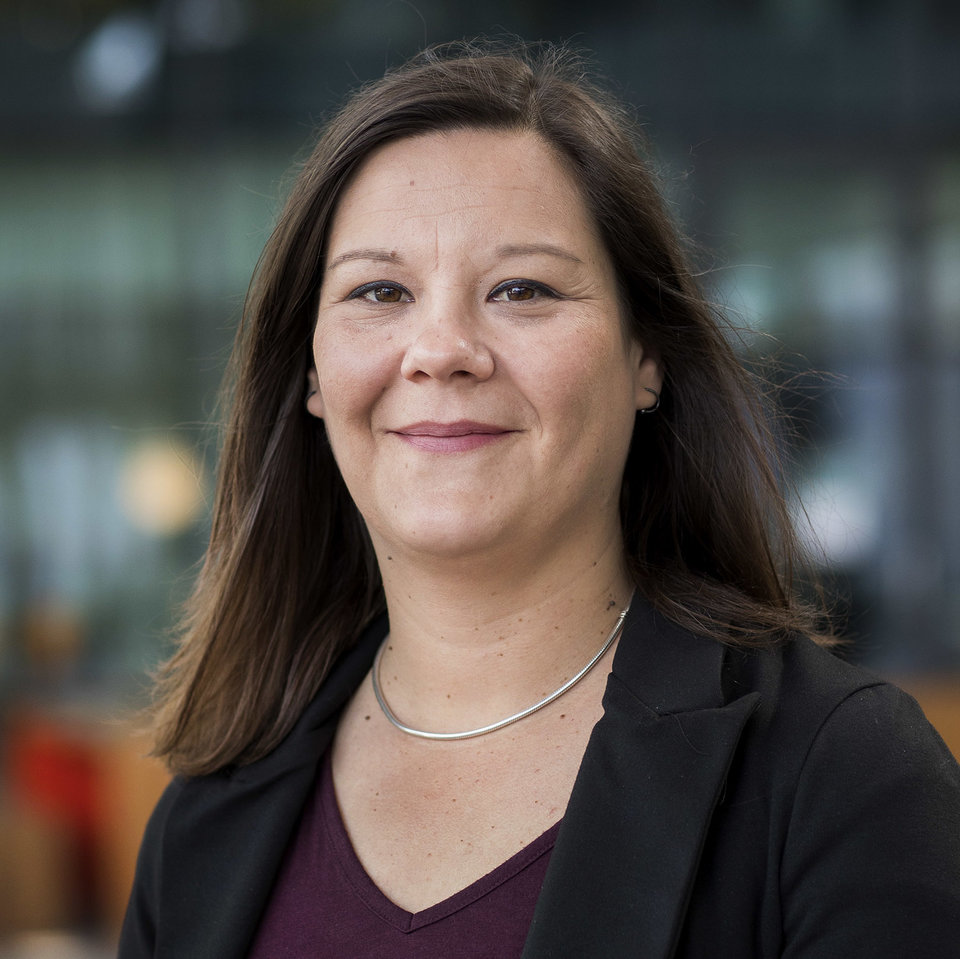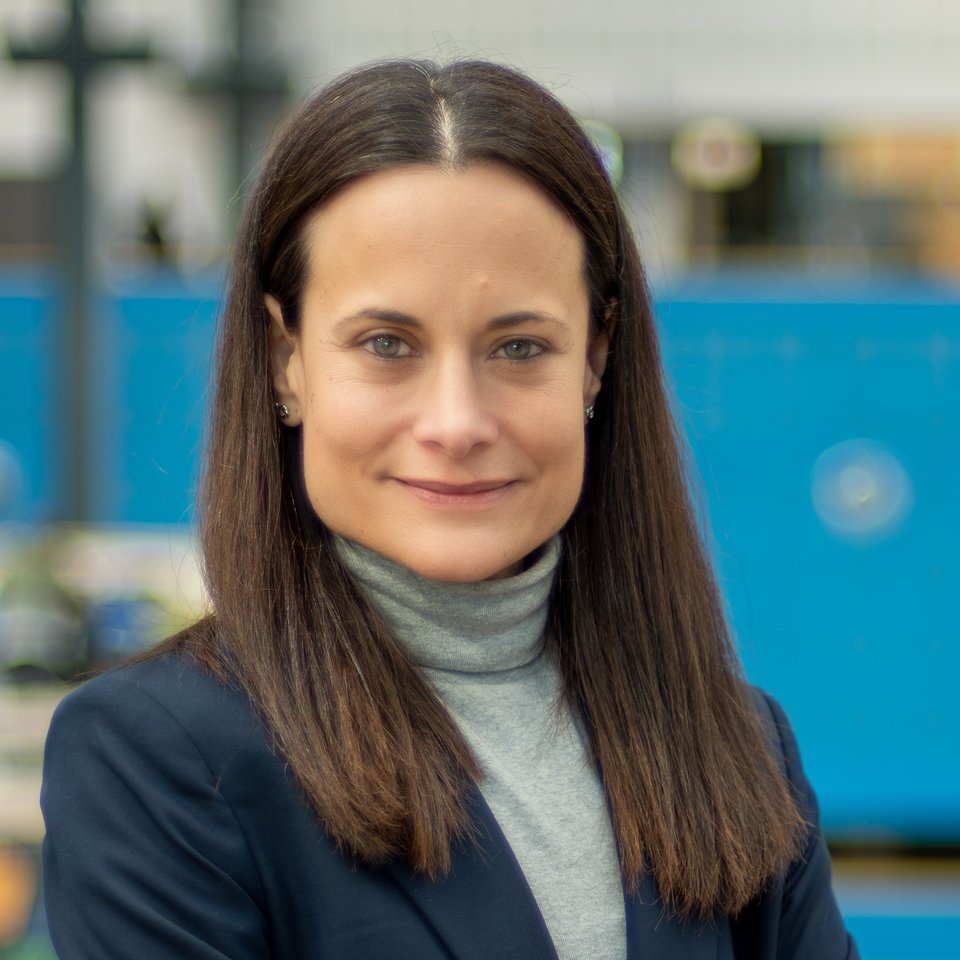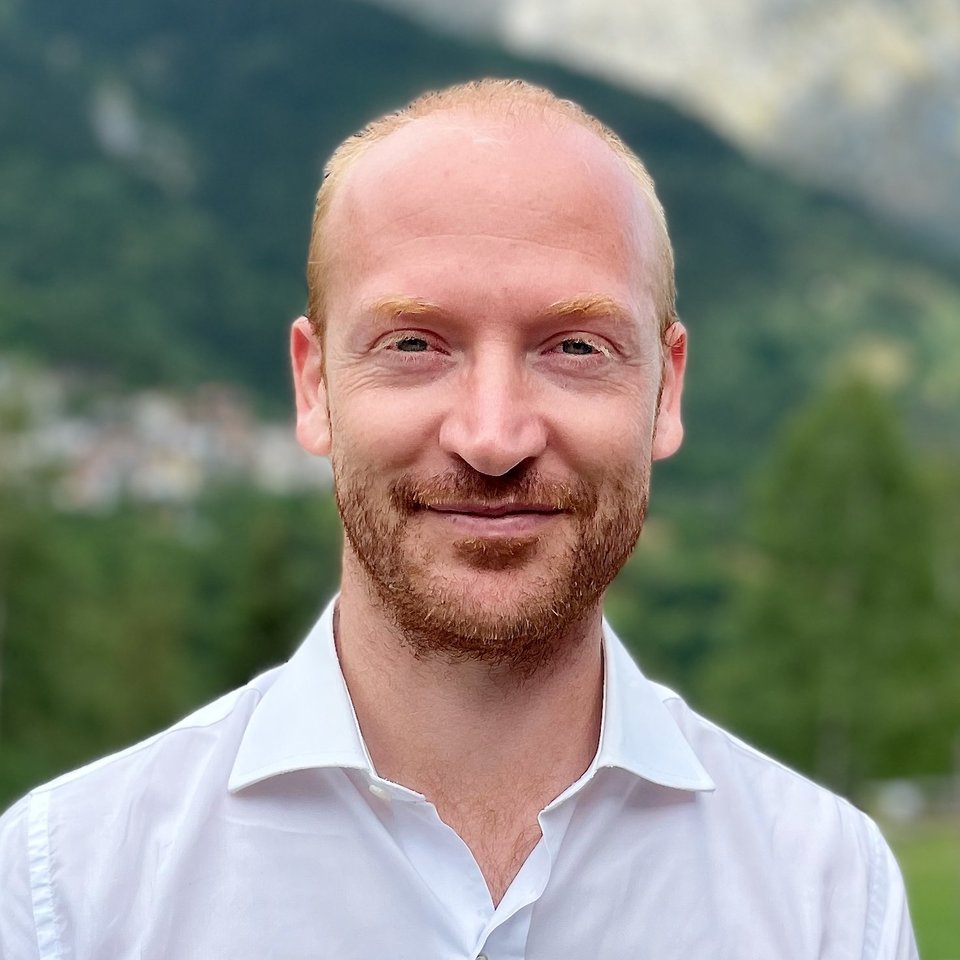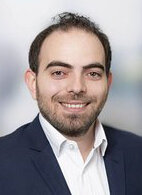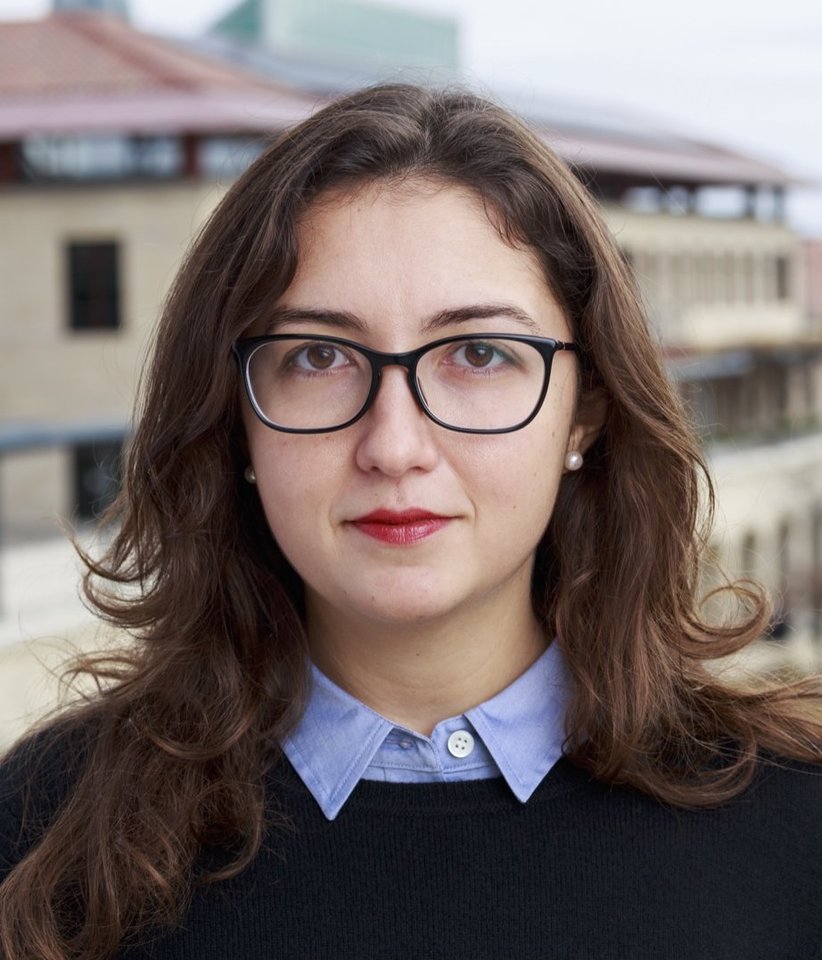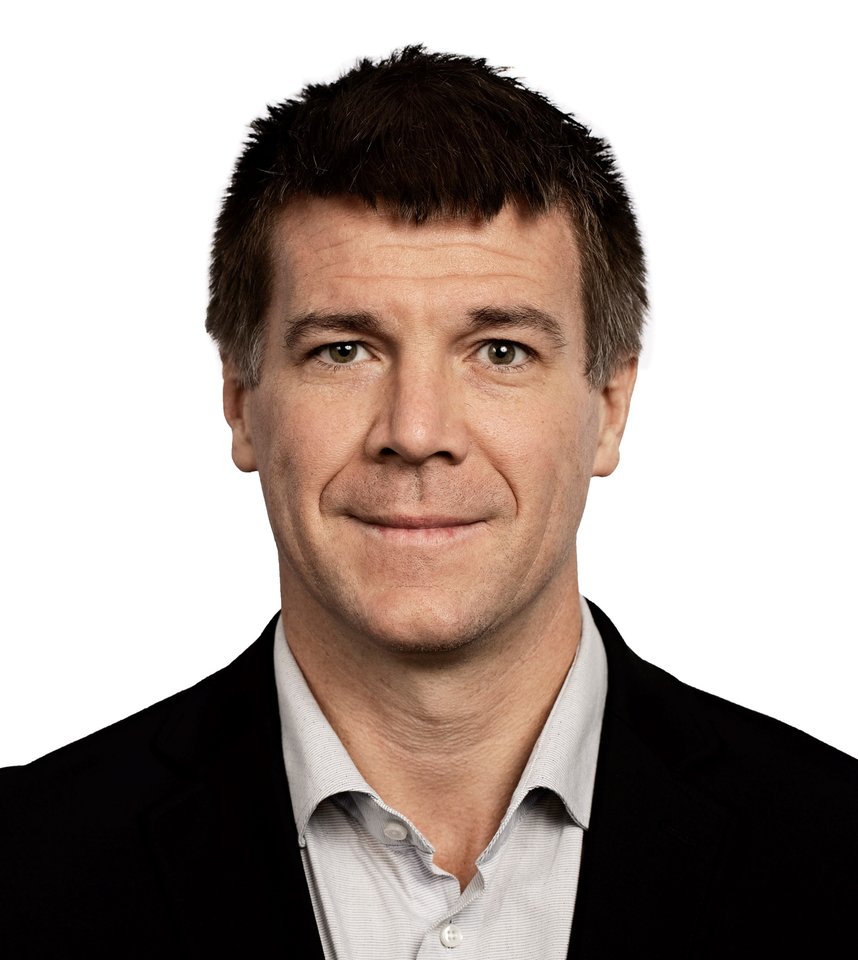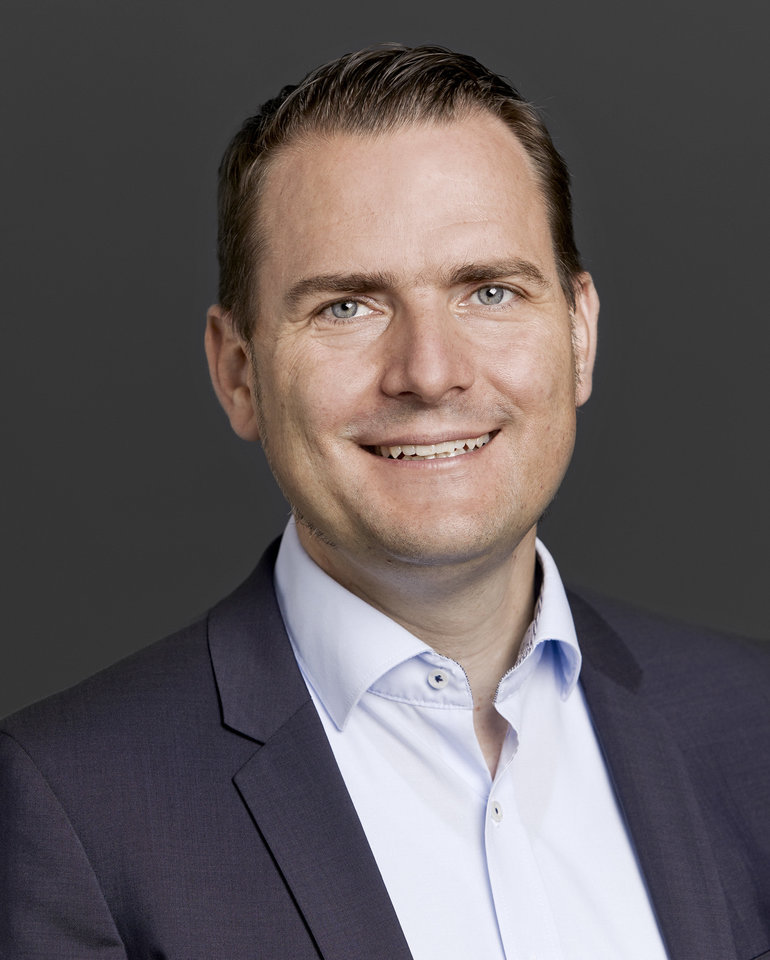The 1st Electrochemical Conversion National Symposium
The future of Electrochemical Conversion
- Hydrogen and beyond -
Welcome to the 1st National Symposium on Electrochemical Conversion: The Future of Electrochemical Conversion - Hydrogen and Beyond!
We are excited to invite you to explore the transformative landscape of chemicals and fuels production where electrochemical conversion stands as a cornerstone of innovation. This symposium serves as a meeting point for the entire innovation chain community to discuss, share, and ultimately unlock the potential of electrochemistry in the Netherlands in generating sustainable chemicals and fuels.
Throughout this one-day symposium, we aim to foster dynamic discussions, exchange groundbreaking ideas, and create synergies for future collaborations. Together, we will delve into pioneering research on component, electrolyser, and plant design for water, CO2, and non-CO2 electrochemical processes. We will also explore the electrolysis-based process integration into its supply chain, together with a strategic view of the economic, social, and political forces. This gathering provides a unique platform for envisioning shared pathways toward the sustainability of electrolysis-based processes from a multi-faceted perspective.
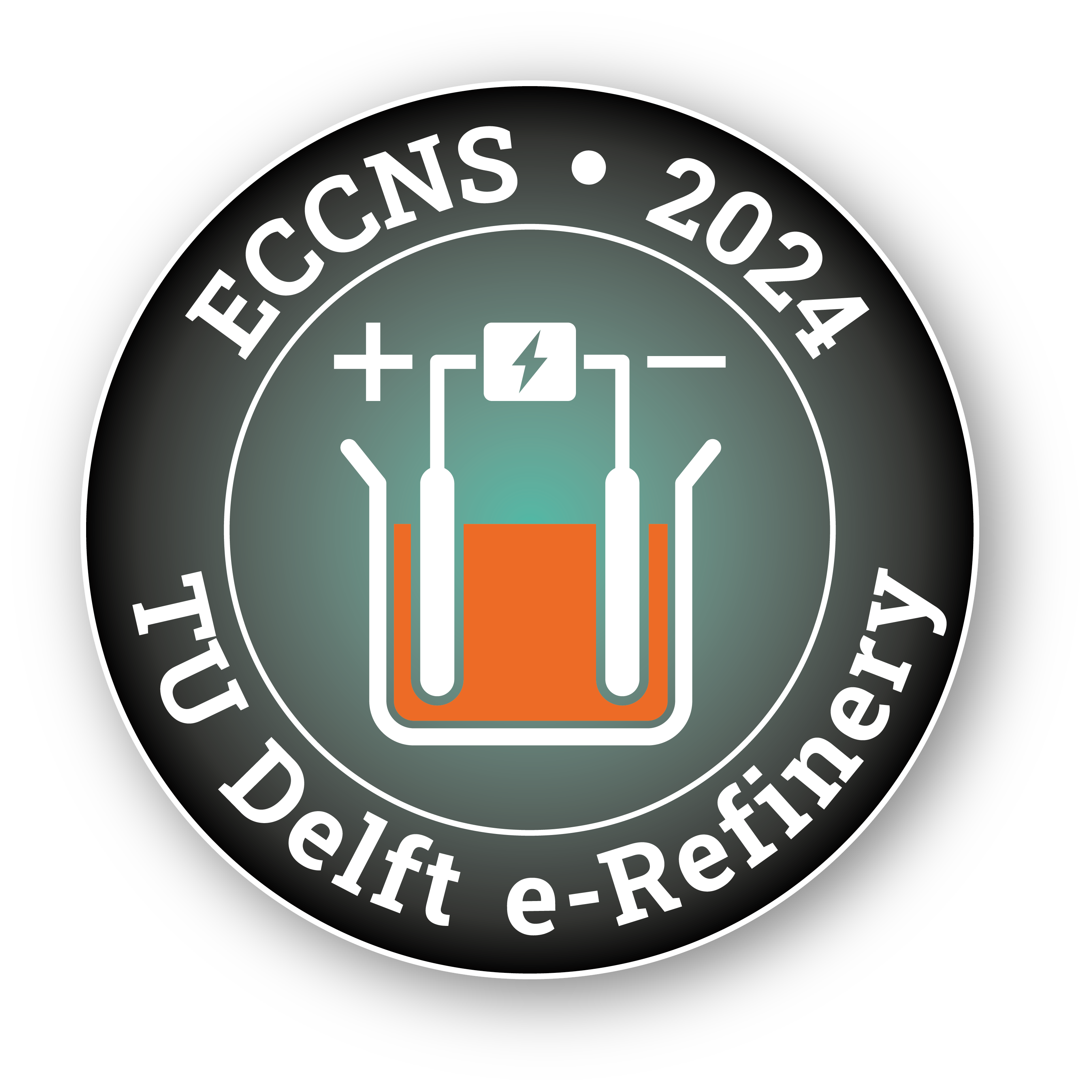
Join us for a discussion about a sustainable energy future. Let us harness the power of collaboration in the electrochemical conversion field to turn ideas into action and to drive positive change that resonates far beyond the confines of this symposium!
For information please send an email to e-Refinery@tudelft.nl
This website will be updated on a regular basis.
Date: May 21,2024
Place: Amare The Hague, Spuiplein 150
Time: 9:00-17:30 hrs
Dinner: from 17:30-20:00 hrs
Fee: €50 or €75 including dinner
Deadline for registration: Closed
Deadline for abstracts: Closed
09:00 - 09:30 | Registration + Coffee |
| |
Plenary session | |
09:30 - 10:15 | Plenary speaker Brian Seger | A synchrotron analysis of high current density CO2 electrolysis devices |
| |
Breakout session 1: Water electrolysis | |
10:30 - 11:00 | Keynote Thijs de Groot | Increasing performance, flexibility and durability of Alkaline Water Electrolysis |
11:00 - 11:15 | a | Onno van der Heijden | Li+ Cations Activate NiFeOOH for Oxygen Evolution in Sodium and Potassium Hydroxide |
11:15 - 11:30 | b | Sohan Phadke | Modelling Anodic H2O2 Accumulation in Alkaline Water Electrolysis with Experimental Validation |
11-30 - 11:45 | c | Venkataramana Rishikesan | Catholyte-free Anion Exchange Membrane water electrolysis enabled by thin form factor Nanomesh Electrodes |
11:45 - 12:00 | d | Maximilian Demnitz | Catalyst coating of diaphragms for increased performance in alkaline water electrolysers |
| |
Breakout session 2: (Bio) CO2 electrochemical conversions - electrolyser | |
10:30 - 11:00 | Keynote David Vermaas | Scalable cell architectures for CO2 electroconversio |
11:00 - 11:15 | a | Merin Varghese | The effect of electrolyte flow rate on product selectivity in CO2/CO electrolysis |
11:15 - 11:30 | b | Siddhartha Subramanian | Enhancing hydrocarbon production in a copper-based zero-gap carbon dioxide electrolyzer through spatial modulation of CO2 and CO |
11-30 - 11:45 | c | Hugo-Pieter Iglesias van Montfort | Mapping Spatial Effects in CO2 Electrolyzers |
11:45 - 12:00 | d | Mu Lin | Low energy consumption AEM-based electrochemical carbon capture process design |
| |
Breakout session 3: Electrochemical production of NH3, C-N and specialty chemicals – Session 1 | |
10:30 - 11:00 | Keynote Marta Costa Figueiredo | Electrocatalytic synthesis of fertilizers |
11:00 - 11:15 | a | Min Li | Polymer Modified Ru Nanoparticles Boost Electroreduction Nitrate to Ammonia in Water-fed PEM Cell |
11:15 - 11:30 | b | Boaz Izelaar | Electrochemical Ammonia Synthesis via Lithium-mediated Nitrogen Reduction |
11-30 - 11:45 | c | Ruipeng Luo | Operando NMR study of electrochemical lithium-mediated ammonia synthesis |
11:45 - 12:00 | d | Phebe van Langevelde | The Electrochemical Production of Hydrogen Peroxide with Molecular Copper Catalysts |
| |
Breakout session 4: Integrated equipment & Plant design | |
10:30 - 11:00 | Keynote Mar Pérez-Fortes | Exploring the implementation of CO2 electrolysis for syngas production: scaling strategies and trade-offs |
11:00 - 11:15 | a | Jeroen Homan | Processing of PEM fuel cell catalyst layers |
11:15 - 11:30 | b | Akmal Irfan Majid | A Rotating Disc Electrochemical Reactor to Produce Iron Powder for the CO2-Free Iron Fuel Cycle |
11-30 - 11:45 | c | Esteban Camilo Lage Cano | A two-stage optimization approach for the design of an electrochemical plant powered by solar energy |
11:45 - 12:00 | d | Josephine Vos | Ex-ante techno-economic assessment of a co-electrolysis-based plant for synthetic fuel production |
| |
12:00 - 13:30 | Lunch + Posters |
| |
Plenary session | |
13:30 - 14:15 | Plenary speaker Andre Bardow | Power to the plastics! A systems perspective on a sustainable chemical industry |
| |
Breakout session 5: Scaling, dynamic operation & grid connection | |
14:30 - 15:00 | Keynote Matteo Gazzani | Green Hydrogen: From Production to Industry Applications and Technological Advancements - Insights from energy system modelling |
15:00 - 15:15 | a | Lucas Cammann | A plantwide control structure for improved flexible production of green hydrogen |
15:15 - 15:30 | b | Jan Wiegner | Unleashing the full potential of the North Sea – The role of hydrogen towards 2030 and beyond |
15-30 - 15:45 | c | Thijmen Wiltink | Optimal CO2-based syngas supply chain configurations: Insights into location and scaling |
15:45 - 16:00 | d | Özlem Mahmutogullari | Sustainable supply chain design for CO2 electrolysis under CO2-based syngas demand uncertainty |
| |
Breakout session 6: (Bio) CO2 electrochemical conversions - component | |
14:30 - 15:00 | Keynote Ward van der Stam | Probing the dynamics of CO2 electrolysis with X-ray and Raman scattering |
15:00 - 15:15 | a | Rafael Vos | How Temperature and Pressure Affect the Selectivity of the Electrochemical Reduction of CO2 at Au, Cu and Ni |
15:15 - 15:30 | b | Matt Peerlings | Improving durability of Cu-based electrodes for CO2 reduction |
15-30 - 15:45 | c | Shilong Fu | Electrochemical CO2 Reduction in the Presence of SO2 Impurities on a Nitrogen-doped Carbon Electrocatalyst |
15:45 - 16:00 | d | Senan Amireh | Engineering gas diffusion electrode microstructures for the electrochemical reduction of CO2 |
| |
Breakout session 7: Electrochemical production of NH3, C-N and specialty chemicals – Session 2 | |
14:30 - 15:00 | Keynote Ludovic Jourdin | Microbial Electrosynthesis from CO2 reaches Productivity of Syngas and Chain Elongation Fermentations |
15:00 - 15:15 | a | Pim Broersen | Electrochemical glycine production from biomass derived starting chemical materials |
15:15 - 15:30 | b | Talal Ashraf | Electrooxidation of Carboxylic Acids on Boron Doped Electrodes for Pyrolysis Oil Upgradation Application |
15-30 - 15:45 | c | Ivo van Luijk | Enhancing Faradaic Efficiency in Electrocatalytic H2O2 Production: Geometrical Particle Size Effects of Non-Noble Transition Metal Nanoparticles |
15:45 - 16:00 | d | Adam Vass | Electrochemical formation of H2O2 on a boron-doped diamond-coated mesh anode in a zero-gap PEM electrolyzer |
| |
Breakout session 8: Integrating electrolysis with current processes and systems | |
14:30 - 15:00 | Keynote Melis Duyar | Designing dual function materials for integrated carbon dioxide capture and utilisation |
15:00 - 15:15 | a | Eliana Lozano | Integration of BtL and PtX for the production of renewable fuels and ethylene |
15:15 - 15:30 | b | Julia Tiggeloven | Exploring the role of electrolyzers in the decarbonization of the ammonia industry |
15-30 - 15:45 | c | James Tonny Manalal | The relevance of hydrogen origin for the selection of alternative carbon based technologies - A case study of alternative ethylene production pathways |
15:45 - 16:00 | d | Sanghamitra Chakravarty | Exploring enablers and barriers shaping carbon dioxide electrolysis in Europe: A policy and governance perspective |
| |
16:00 - 16:30 | Closing + Poster prize |
16:30 - 17:30 | Borrel |
17:30 - 20:00 | Dinner |
Keynote Speakers
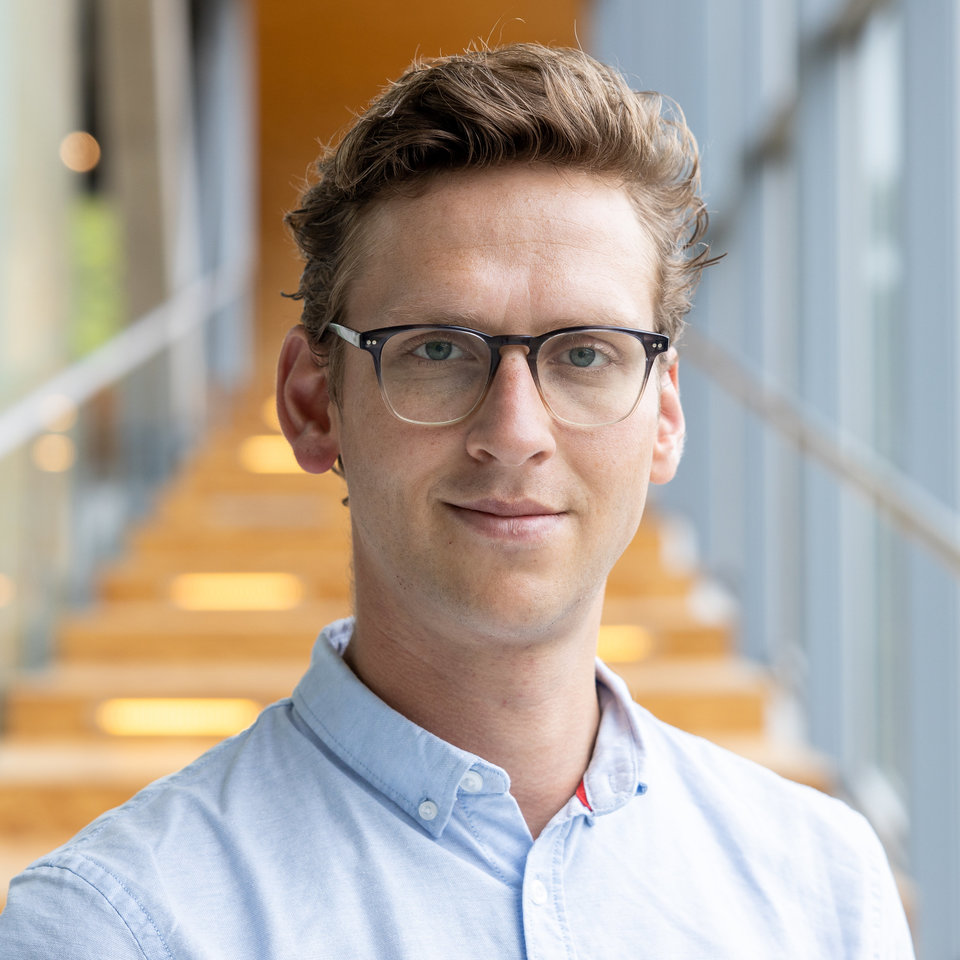
Ward van der Stam
Plenary Speakers
ORALS
Abstract requirements
- The deadline for submission is closed;
- People who submitted an abstract will receive a response in the week of April 15;
- (The abstract must be attached to your submission: this option follows in the form, if you choose to attach;
- It must be uploaded in a Word file;
- And it must be a maximum of 250 words.)
An oral presentation may take 10 minutes and 5 minutes for questions and answers.
Due to the amount of abstracts received, we are working on allocating the maximum number of works as oral presentations. However, some works will be proposed for poster presentation.
POSTERS
- The posterregistration is closed.
- The size of the posterboards is 98x198 cm

During this event photos and video records might be taken for reporting purposes. If you participate in this event you consent to the fact that you might be photographed or filmed and that the images can be published on e.g. the event website, newsletters and social media.

